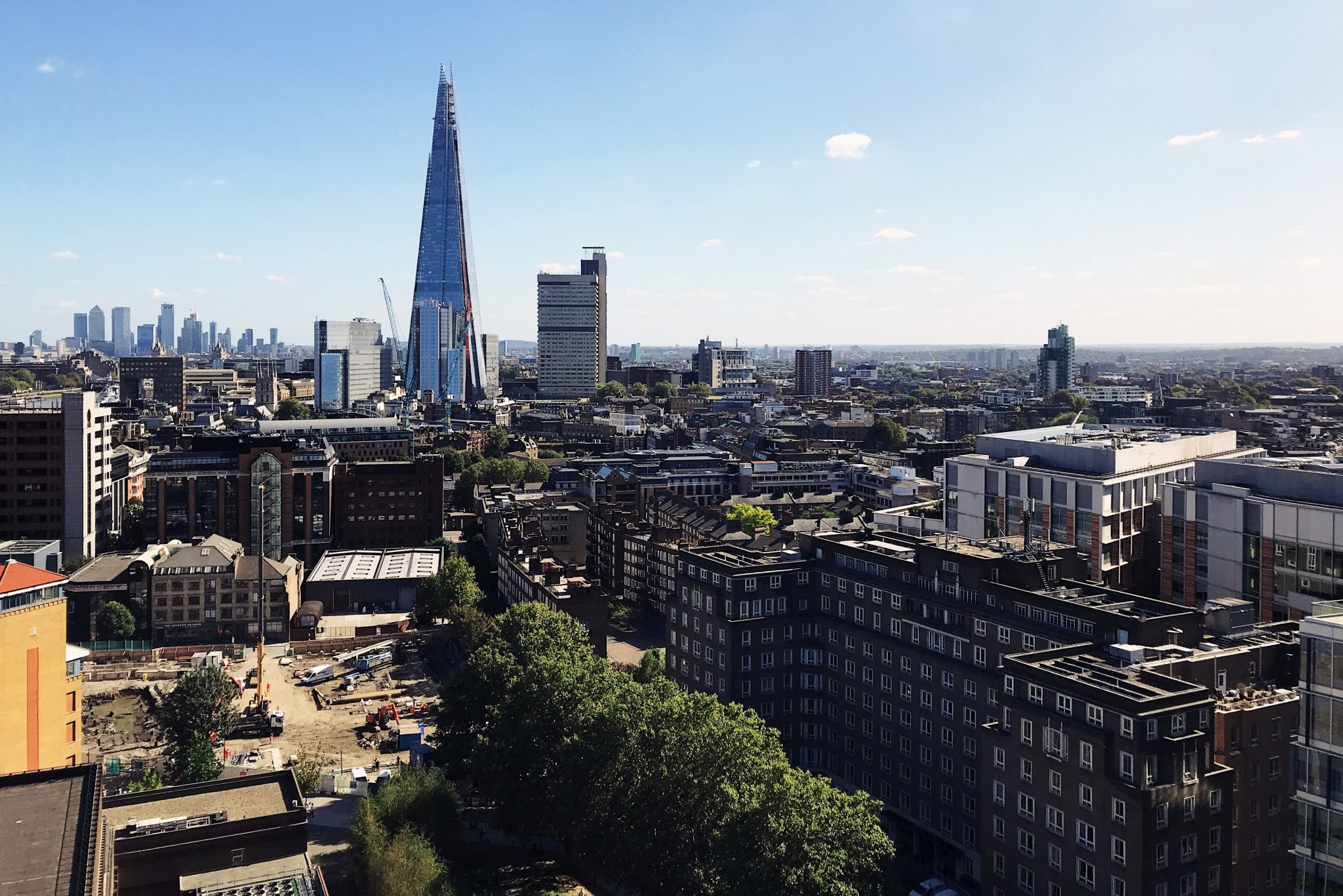There can be no faulting the Prime Minister’s ambition to “unite the country and level up” after coronavirus. And neither can anyone question the Government’s commitment to backing this up with substantial funds. An eye watering £640 billion is set to be invested in infrastructure development.
But what can be questioned is whether all this rousing rhetoric and spending will translate into meaningful change.
Recently, the Public Administration and Constitutional Affairs Committee did just that, warning that the Government’s ‘levelling up’ schemes risk being squandered on white elephants. William Wragg, the MP who chairs the committee said Ministers must, “move away from the short-term view that measures the value of major projects in terms of whether they are finished on time and at the expected cost.”
Instead, he argued, they should focus on “how much they deliver the benefits they set out to achieve”.
I couldn’t agree more. As an agency that specialises in regeneration consultation to determine what communities need to unlock their potential, I wonder whether this blizzard of announcements from Westminster fully understands local needs.
We all know that Government spending of this scale cannot go on for much longer, which is why it’s so important this investment is spent wisely – and gets the maximum return.
The best way to achieve this, particularly when delivering ‘levelling up’ schemes to tackle entrenched inequalities, is to talk to the people who know the area best. They know what the barriers are preventing them from getting on.

I’ve previously written on why Covid-19 shouldn’t be an excuse to weaken consultation and that ‘building back better’ will require more community engagement, not less. But, while some good practice is emerging of pandemic participation where consultation is concerned, I’m not convinced this is widespread.
There are many hard to reach groups that can’t be easily accessed by zoom calls – and digital exclusion is still a deep rooted problem. A 2019 report by the Office of National Statistics noted that there were 5.3million Internet non-users in the UK: 10 per cent of the adult population.
As consultation moves almost exclusively online, many of these are being left behind. And their voices, along with others who fall in the hard to reach category, are needed more than ever to guide Government spending in order to raise living standards, spread opportunity and build pride in their area.
Our experience is that these conversations reveal community needs to often be very different to those identified by Westminster – or even in the town hall. This is especially the case in areas where confidence is very low. Instead of a new train station to take them to job opportunities in cities, they often want to build their community and create opportunities closer to home. And instead of new infrastructure, they often want mentors, youth workers and community leaders to set a good example for young people and change self-destructive behaviour.
Without these conversations, sometimes the opposite effect can happen when shiny buildings are built. Those that don’t feel heard or invested in these decisions can end up feeling more alienated in their own community.
With the spectre of poverty looming large, it’s not just our nation’s infrastructure that needs building up. We need to build esteem and people’s sense of belonging too.
Success won’t be measured in pictures of high viz vest clad ministers turning the first sod for every piece of infrastructure. It’ll be measured in visible change to people’s lives and an increase in confidence across communities. And as councils prepare to submit improvement plans for the Towns Fund, Government needs to remember that it’s impossible to come up with solutions until you fully understand the problem.


